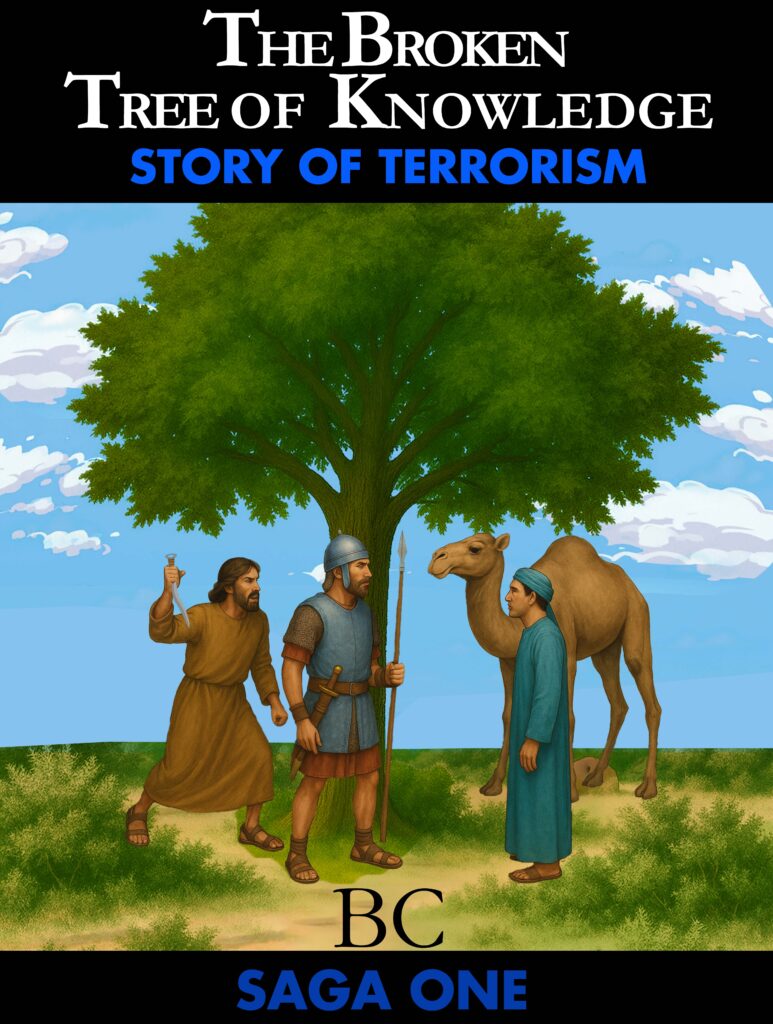Book Review: Story of Terrorism — Crothers
A compelling blend of scholarship and narrative that brings first-century Judea vividly to life.
Story of Terrorism centers on the little-explored figure of Judas of Gamala, a first-century CE terrorist caught between the crushing power of Roman oppression, religious ferment, and the hope of Jewish resistance. Crothers presents a world of overwhelming taxation, priestly corruption, and shifting allegiances where the choice between submission and revolt is stark and immediate.
The narrative unfolds with the pace and color of a novel — reconstructed dialogue, atmospheric settings, and vivid descriptions weave together a portrait of daily life and political upheaval. Despite its novelistic energy, the book is rigorous: supplemental glossaries, explanatory notes, and “Of Interest” sections provide clear historical grounding without interrupting the story’s flow.
This is both a meticulous and imaginative work, accessible to scholars and general readers alike. Crothers not only illuminates a pivotal historical era but also raises thoughtful questions about the origins of terrorism, the meaning of faith, and the human hunger for liberation.
